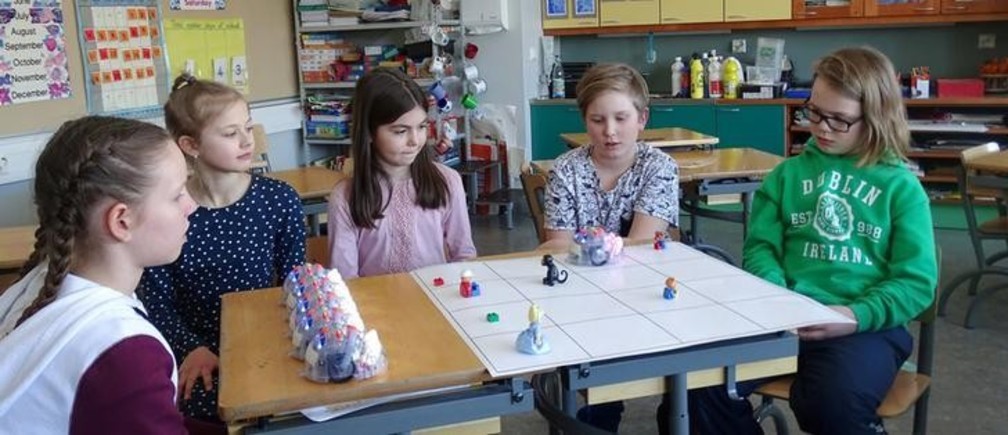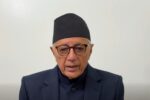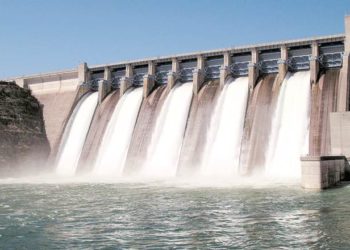Finland is considered a country rich in intellectual and educational reforms. Its initiation on a number of novel and simple changes over the years have revolutionized Finland’s educational system. The country has outranked the United States and is currently gaining on Eastern Asian countries.
Finland’s education system has been widely appreciated because of its holistic teaching environment and common-sense practices. This country does not believe in cramming on robotic schedules.
The reasons why Finland’s education system is getting popular:
It does not have a standardized testing
Finland does not believe in standardized tests. It has, however, a National Matriculation Exam — a voluntary test for students at the end of an upper-secondary school. Students in Finland are graded on an individualized basis and a grading system set by their teachers. The Ministry of Education carries out the students’ overall progress.
Teacher’s Accountability
Teachers in Finland are required to have a Master’s degree before entering the teaching profession. If a teacher is not performing well, the principal will take care of the teacher. They are not blamed since there is often no reason to have a rigorous “grading” system for teachers.
Cooperation not competition
In Finland, they believe that real winners do not compete since they do not worry about arbitrary merit-based systems. They do not believe in top performing schools or teachers. The education system is not an environment of competition in Finland. Cooperation is the mantra.
Basics is the priority
Instead, they looked to make the school environment a more equitable place.
Finland focusses on making the school environment a more equitable place because they believe education should be an instrument to balance out social inequality. All students in Finland receive free school meals, and have access to health care, psychological counseling and individualized guidance.
School at an older age
In Finland, students are enrolled to schools when they are seven years old. This is to give free reign in the developing childhood years, which means that it is a way to let a kid be a kid. A Finnish student is required to attend only 9 years of compulsory school. All things past the ninth grade or at the age of 16 is optional.
Professional options
Finland offers options that are advantageous for the students continuing their education. They have also a three-year program, which prepares students for the Matriculation Test. The test determines their acceptance into a university. They have also a vocational education, a three-year program, which trains students for various careers.
Students wake up late
Students in Finland usually start school anywhere from 9:00 to 9:45 am. According to research, early start times can be detrimental to the well-being, health, and maturation of the students. Schools in Finland usually end by 2:00 or 2:45 am. They also have longer class periods and longer breaks in between. The system is to create an environment of holistic learning.
Consistent instruction
Schools in Finland has fewer teachers and students. Students often have the same teacher for up to six years so that the teacher can take on the role of a mentor. This will ensure mutual trust and bonding.
Relaxed atmosphere
Finland schools believe in more caring, less stress, and less unneeded control. Students usually have a couple of classes, several times to eat, and have recreational activities or generally just relax. They also have 15 to 20-minute intervals where the students can get up, stretch, grab some fresh air and decompress. Teachers can lounge about and relax, prepare for the day or just simply socialize.
Less homework
Students in Finland have less homework. They spend only half an hour a night working on homework or assignment. They get everything they need to get done in school, and that too without added pressures. (Agencies)









Comment